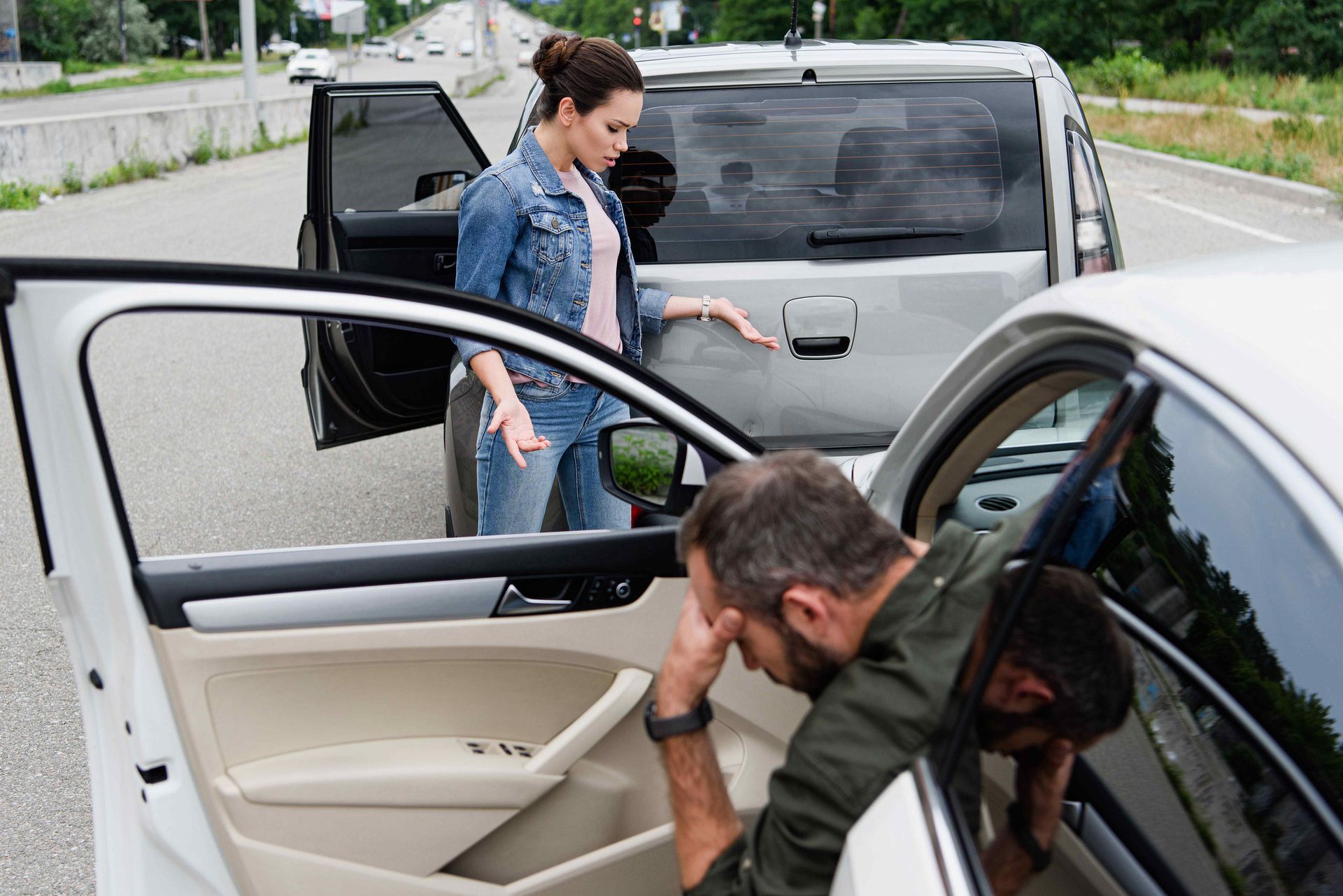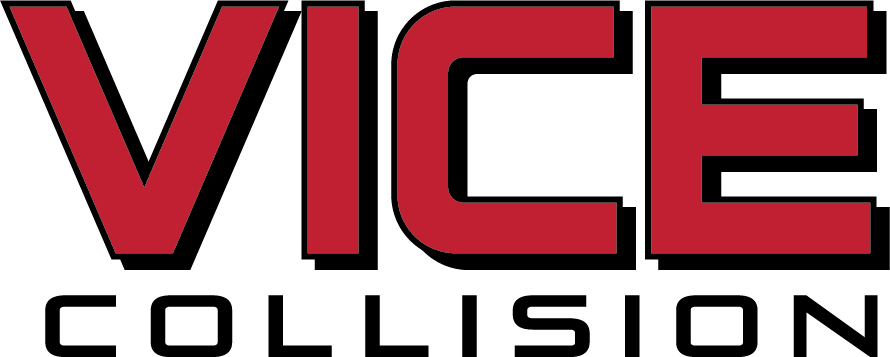What Should I Do Immediately After an Accident Before Visiting a Collision Center?
The steps you take right after an accident matter.
Here’s how to protect your safety, your claim, and your repair before heading to a collision center.
Nature's Symphony
Accidents happen in seconds, but what you do immediately after can shape the outcome of your insurance claim, repair process, and even your legal case. Many drivers ask:
“What steps should I take before going to a collision center?”
At
VICE, we help clients and attorneys every day who are navigating the aftermath of an accident. Here’s a clear guide to follow before you bring your vehicle in for repairs.
Prioritize Safety First
Check yourself and your passengers for injuries. If anyone is hurt, call 911 immediately. Even minor injuries should be reported, as adrenaline can mask symptoms in the moment.
If the vehicle is drivable, move it to a safe spot away from traffic. Turn on your hazard lights and stay in your car until help arrives if it’s unsafe outside.
Contact Law Enforcement
In Arizona and most states, the law requires reporting accidents involving injuries, fatalities, or significant property damage. Police reports are valuable for insurance and legal purposes because they provide an official record of what happened.
Request a copy of the report or the report number—it will be linked to your insurance claim and repairs.
Gather Evidence and Documentation
The more details you collect at the scene, the smoother your claim process will be. Be thorough:
- Take clear photos of all vehicles, license plates, and visible damage
- Capture the accident scene, including skid marks, debris, and weather conditions
- Collect names, phone numbers, insurance details, and driver’s license info
- Ask witnesses for their contact information if available
This evidence supports your insurance claim and helps attorneys build strong cases for injury-related matters.
Notify Your Insurance Company
Call your insurer as soon as possible to report the accident. They will:
- Open a claim and provide your claim number
- Assign an adjuster to your case
- Begin reviewing liability and coverage
Your claim number is essential—it’s what VICE uses to communicate with the insurer, submit estimates, and coordinate repairs.
Protect Your Right to Choose a Repair Shop
Insurance companies may suggest their “preferred” body shops, but remember: you have the right to choose where your car is repaired.
At VICE, we work directly with insurers and attorneys to ensure that repairs are done correctly, using the best parts available, without letting insurance companies cut corners.
Arrange Towing if Needed
If your vehicle is unsafe or undrivable, don’t risk driving it. VICE can coordinate towing to ensure your car gets to the right repair facility without delays. Many insurance policies cover towing costs, and if they don’t, we can still assist.
Seek Medical Evaluation
Even if you feel fine, consider seeing a doctor. Whiplash, concussions, and other injuries don’t always show immediate symptoms. Having medical documentation early on strengthens personal injury claims and ensures your health is prioritized.
The period immediately following an accident is critical. By taking the right steps—securing safety, documenting details, contacting insurance, and protecting your right to proper repairs—you set yourself up for a smoother recovery process.
At VICE, we manage the process from towing to final repair, keeping you and your attorney informed every step of the way. Your focus should be on recovery—we’ll handle the rest.


